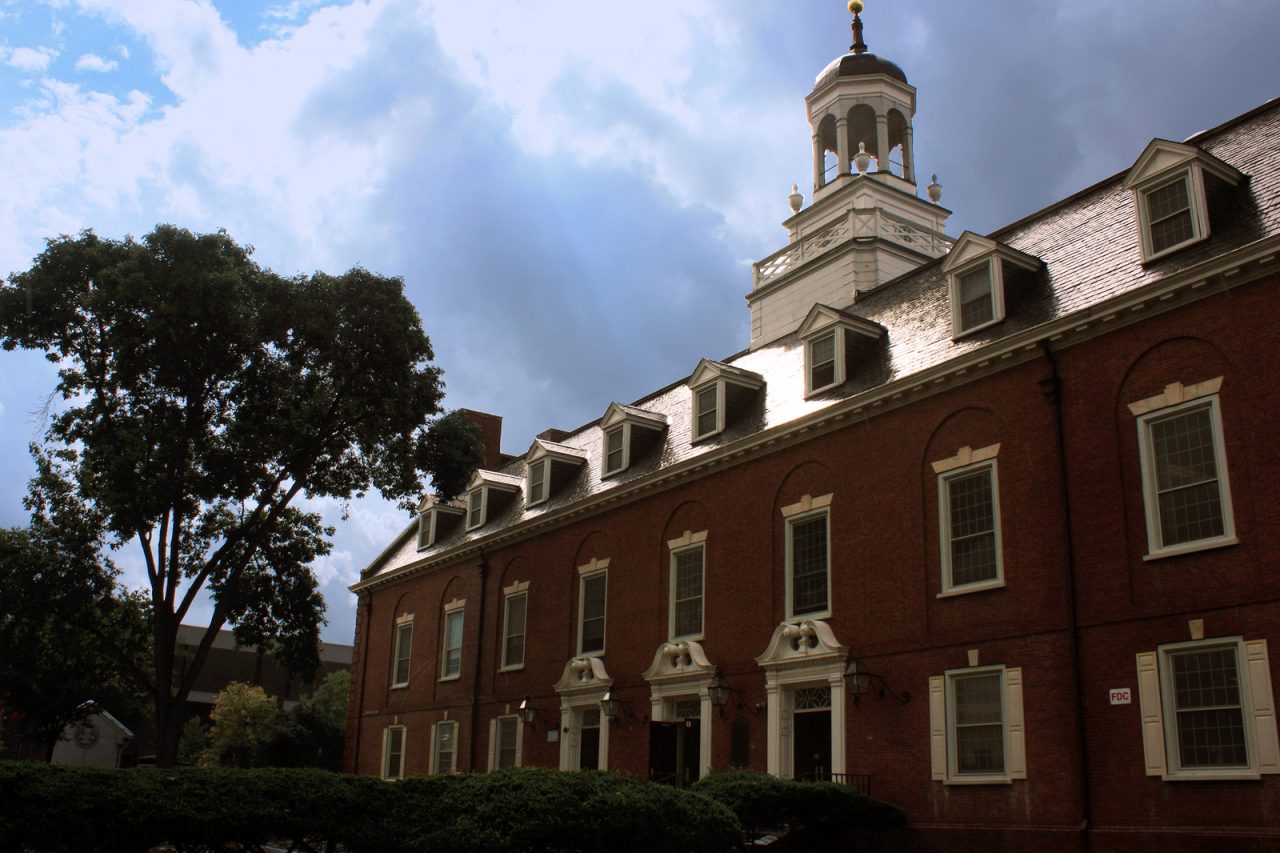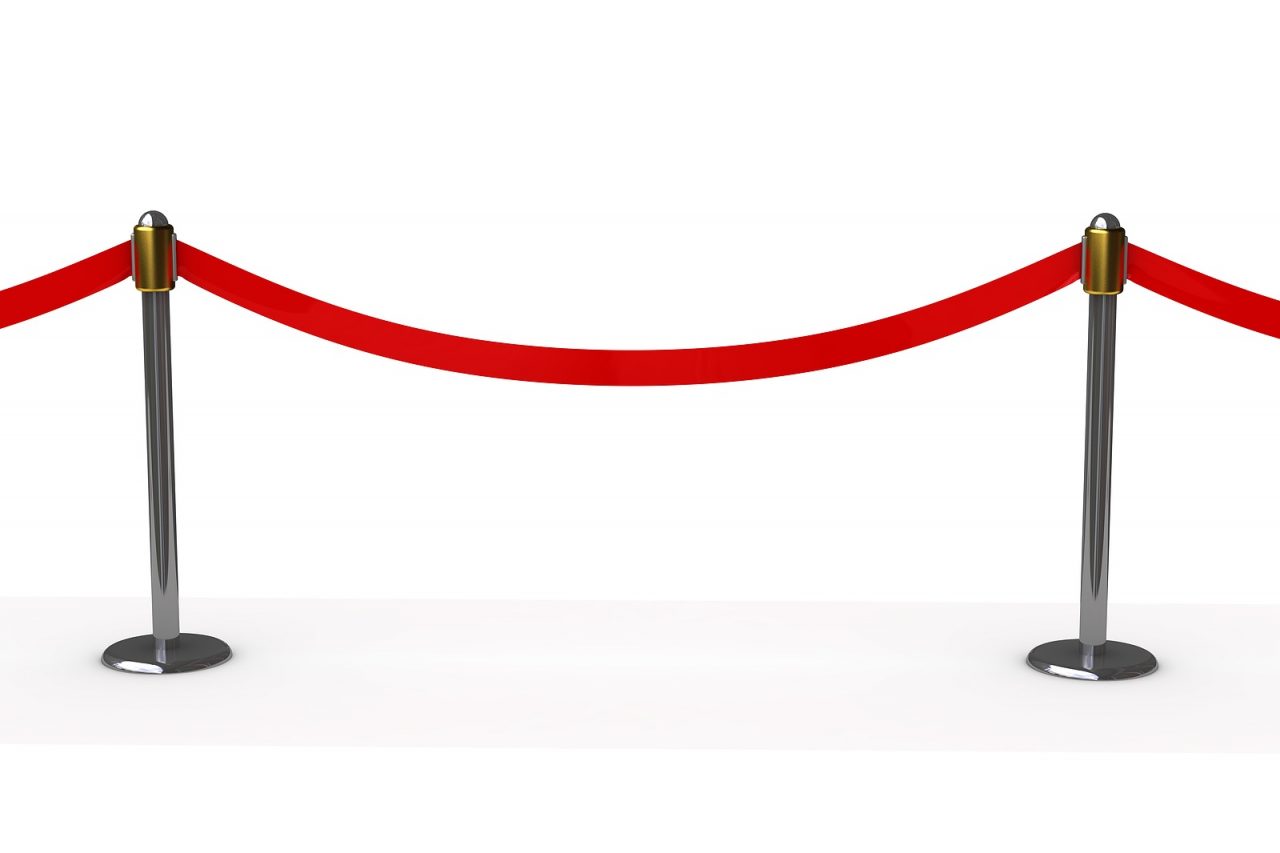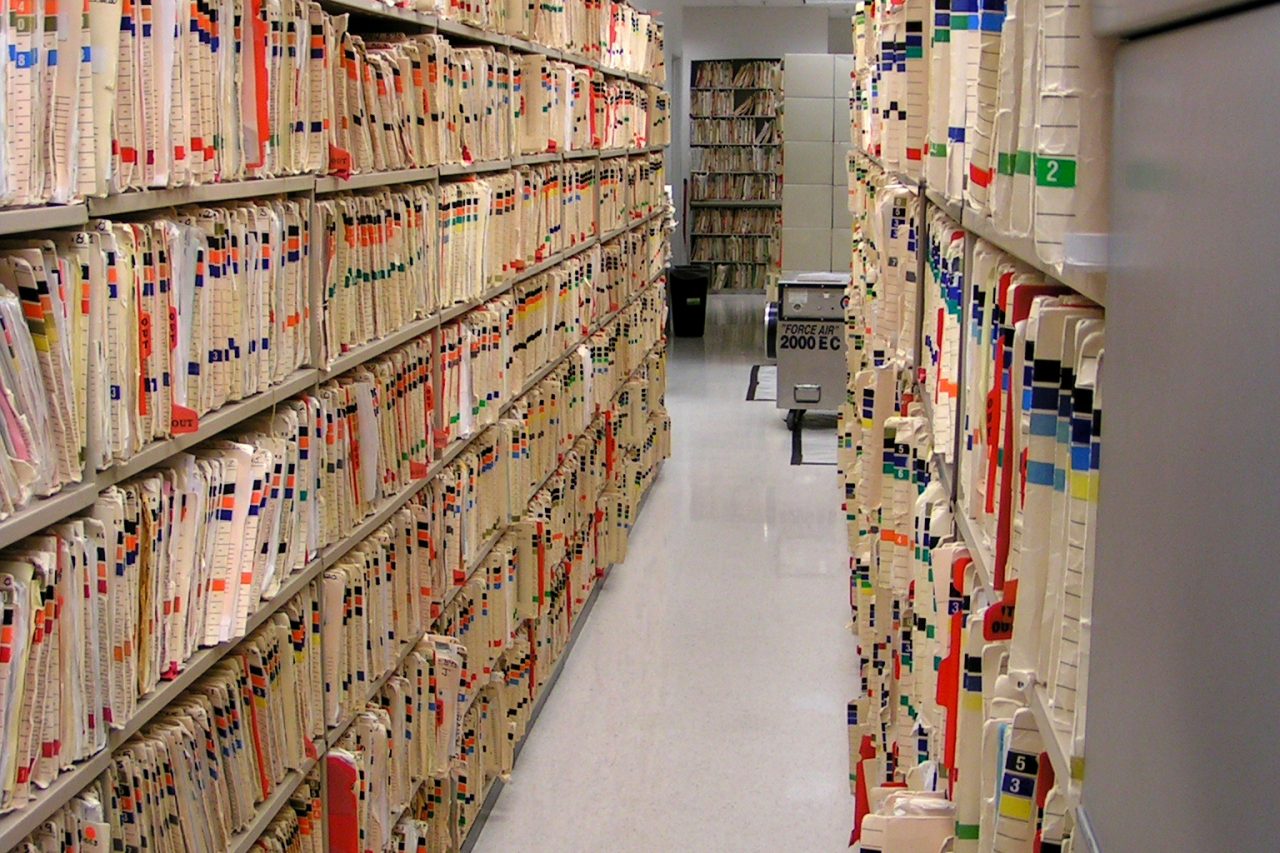My daughter, a cancer fellow, is studying to take her final Board test for Internal Medicine, a prerequisite to practice oncology. She “pimps” me every few minutes, asking obscure questions in renal or endocrine, facts I have not considered for decades. The perfection of multiple guess tests implies that medicine is an exact science and therefore for any problem there must be a specific answer. The message is clear; there is one right way to practice medicine.
I should find reassurance in this clarity, the knowledge that if I study hard, pay attention to guidelines and draw all answers from digitized, approved data bases, I will always give ideal medical care. The problem is that in the daily practice of medicine, perfect answers are very hard to apply. Especially, in areas such as advanced cancer care or end-of-life treatment, the variation between each patient and different medical conditions is so massive that if I apply an absolute approach, my patients will certainly fail.
This is why medicine now, and medicine always, is an art practiced by master craftsmen. While the foundation of healthcare must be research driven data, it cannot be applied to each patient as if they were an SAT test. The beauty of the human condition is the incredible complexity of who we are and the lives we inhabit. It is the physician’s job to understand, at an expert level, biological science and transform that mathematical clarity so that it can be used in the convoluted context that is a person.
There are several conclusions to be drawn from this simple observation. First, for humanist doctors who are terrified that the introduction of electronic medical records and artificial intelligence will replace them at the bedside, do not worry. A computer will never appreciate how treatment recommendations can be modified by spiritual need, financial concerns or a family wedding in two weeks. Patients will always need a human guide to help them buffer the realities of disease and those of life.
Long-term health planners must understand, that in order to achieve the twin goals of the highest quality care, at a sustainable and affordable price, that physicians are critical. If we simply attempt to direct and structure medicine, then patients will face health decrees which are not practical in real life; costs will skyrocket and quality plummet.
It comes down not to data, or dollars or approved health directives, but to the individual patient. Informed, involved, connected patients must be at the center of healthcare decisions. What do they understand? What are their needs? How does the treatment affect their family? How do they handle the denial, anger and emotional transformation, which follow disease? What can they afford? What decisions will they make?
Thus, I say to my daughter, as you go forward to learn and practice the genetics of cancer medicine, remember the balance between science, doctor and each patient. The contrast between the black/white precision of statistically significant study and the colorful wonder which it is to live as a human being, means that in the context of life there actually is one right way to practice medicine. That is the way each patient says it should be.







8 Comments